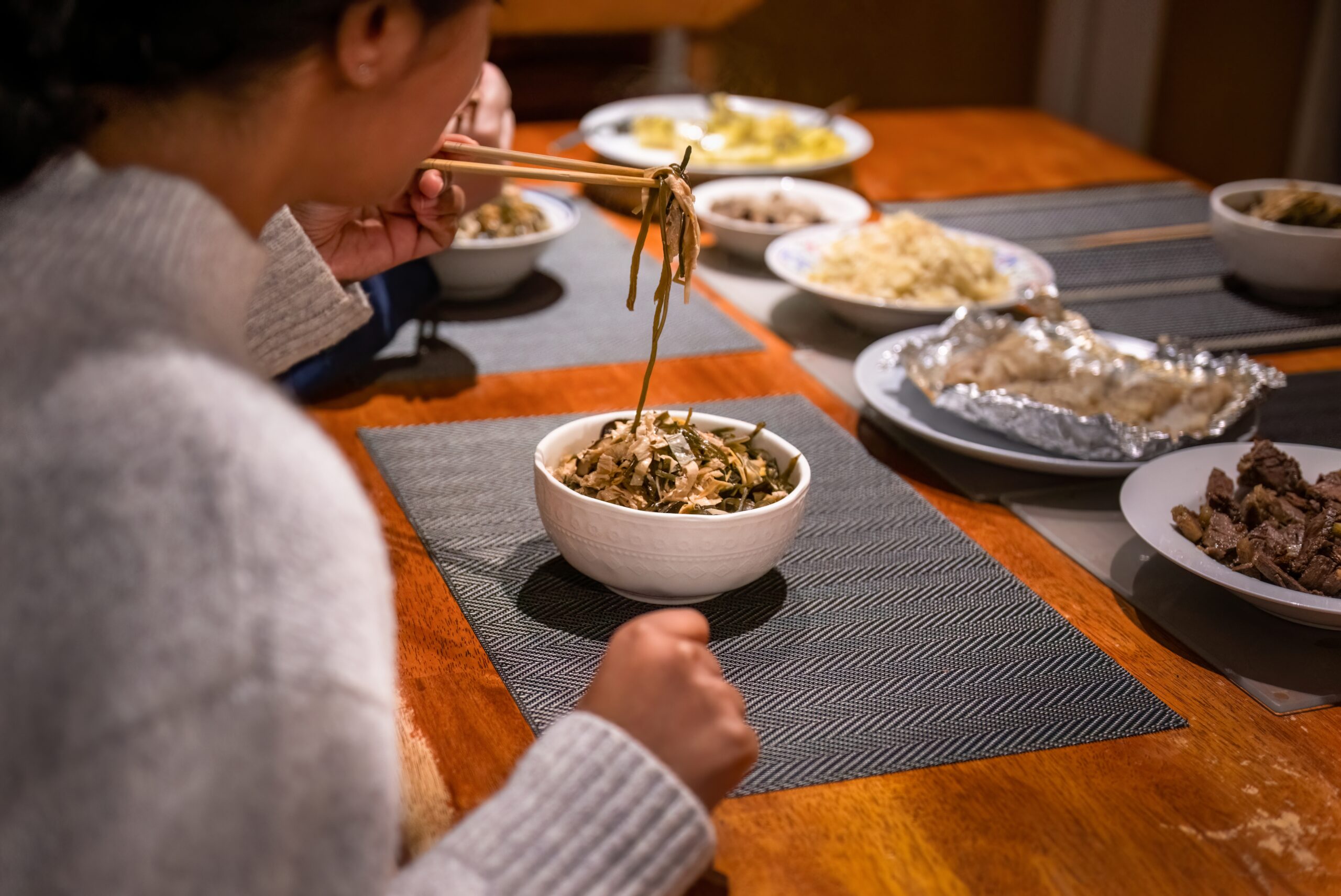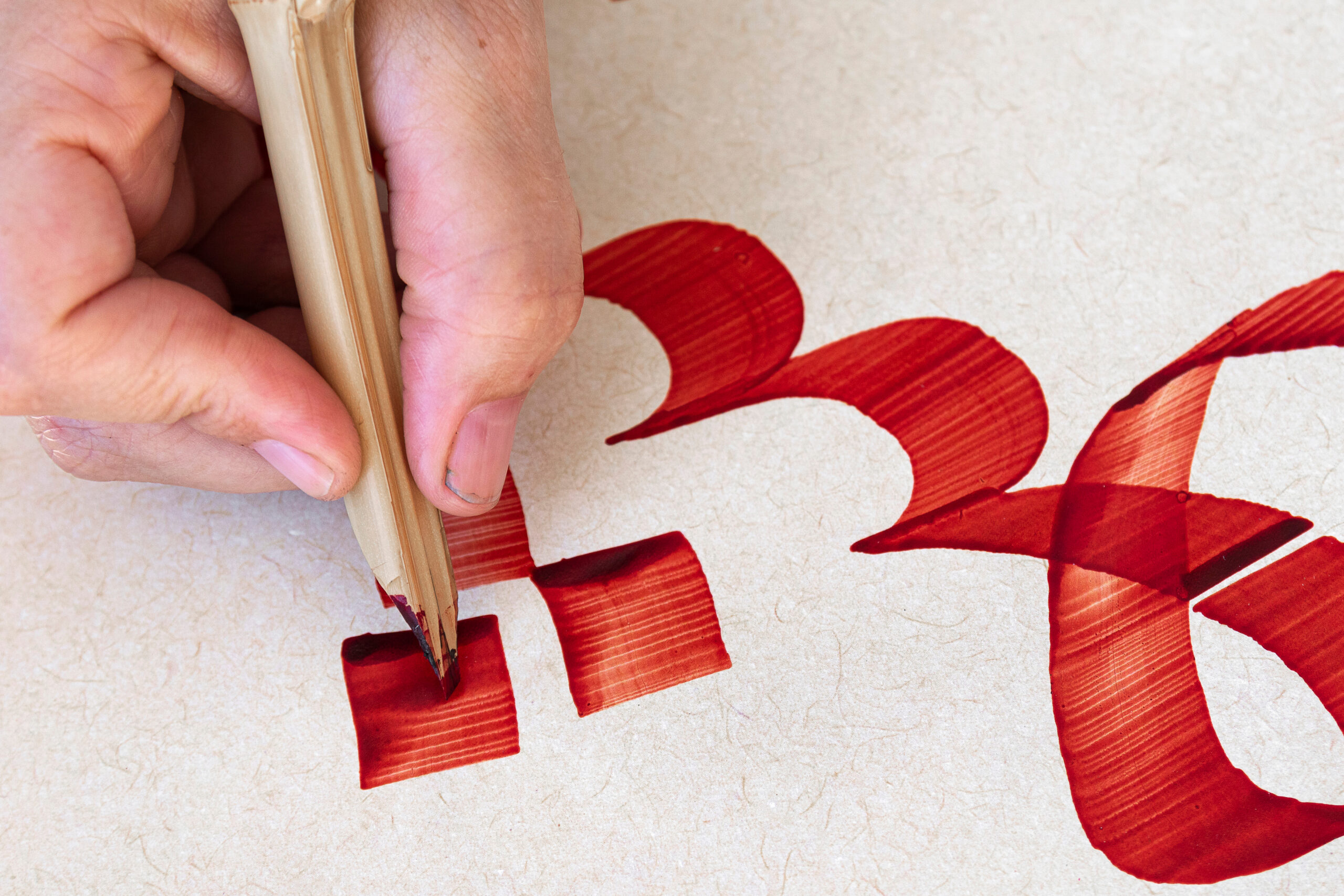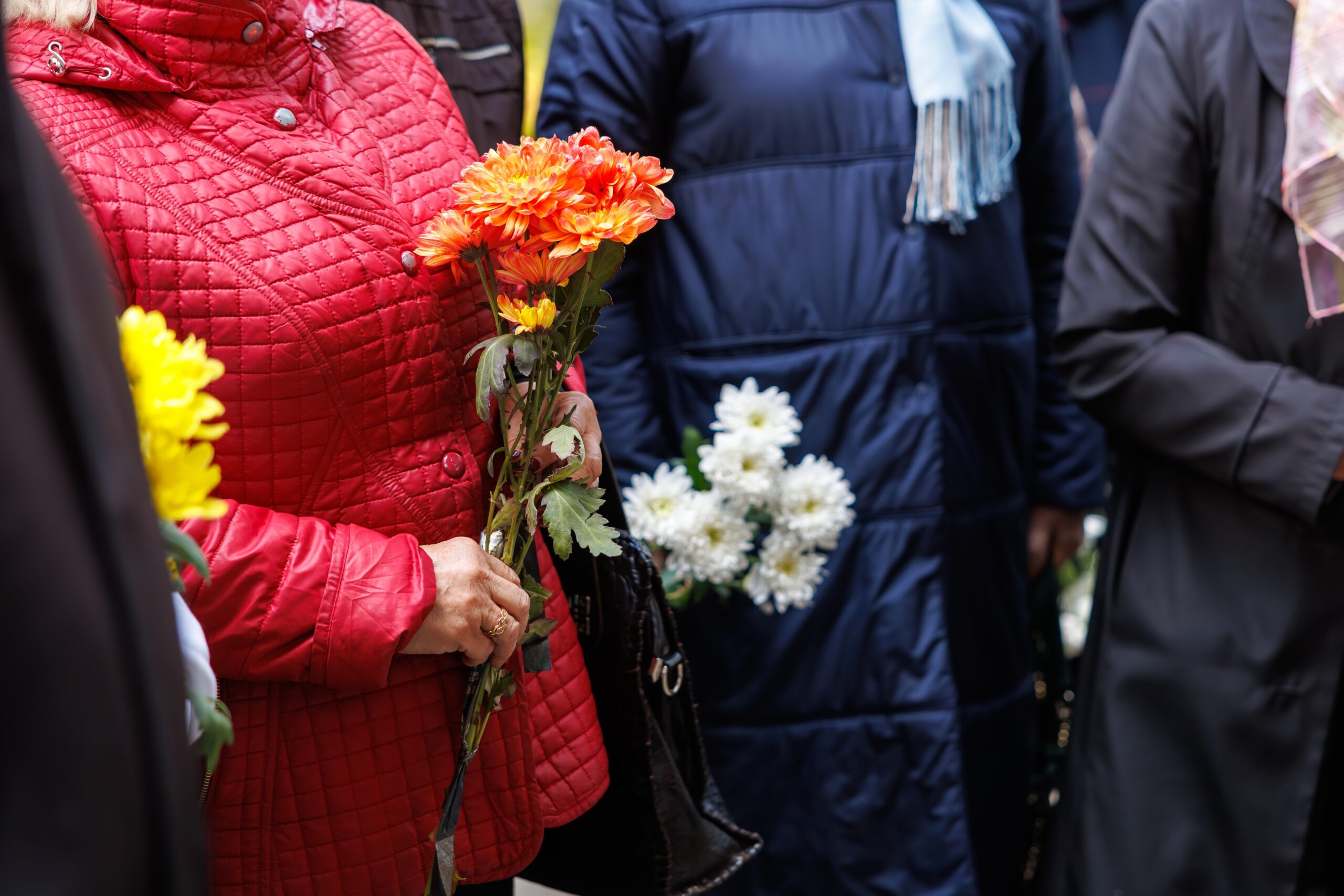Every culture has its own unique set of customs and traditions, and some may seem surprising or even strange to outsiders. Taboos, in particular, reflect deeply ingrained beliefs about what’s acceptable or not in different societies. From small daily habits to ceremonial practices, these cultural quirks often have long histories and significant meanings behind them. In this article, we’ll explore some of the oddest taboos around the world that you might never have heard of but are still followed today. Understanding them can give you a better appreciation for the diversity of human culture.
Whistling Indoors – Russia

In Russia, whistling indoors is considered a bad omen that could bring financial ruin. While it may seem like an innocent habit in other cultures, Russians believe that whistling inside the house is a sure way to chase away wealth. The superstition is deeply rooted in folklore, where it is said that the wind, associated with whistling, sweeps away prosperity. Although this belief may seem unusual, it is still widely followed by many people today. So, next time you’re in Russia, keep your whistles outside.
Pointing with Chopsticks – Japan

In Japan, chopsticks are not just eating utensils; they hold significant cultural value. Pointing with chopsticks at someone or something is considered highly disrespectful, as it implies aggression. This action is frowned upon because chopsticks are used during sacred rituals like funerals, making them symbolic of death. The taboo extends to sticking chopsticks upright in rice, which mimics a funeral offering to the dead. Mastering chopstick etiquette is essential when visiting Japan to avoid offending locals.
Tipping in Japan – Japan

While tipping is commonplace in many countries, in Japan, it is seen as an insult rather than a gesture of gratitude. Japanese culture places a high value on excellent service as part of their job, not as something requiring additional compensation. Offering a tip can be interpreted as suggesting the service was subpar, or worse, that the person is in financial need. In some cases, a tip may even be refused, causing an awkward situation. Instead of tipping, simply thanking your host or waiter is more culturally appropriate.
Using the Left Hand – Middle Eastern Countries

In many Middle Eastern, South Asian, and African countries, using the left hand for eating, greeting, or handing objects to someone is a major cultural taboo. The left hand is traditionally reserved for personal hygiene, so using it in public is considered unclean. Many people in these regions may feel offended or insulted if you offer something with your left hand. As a visitor, it’s important to be mindful of this practice to show respect for local customs. Always use your right hand when interacting with others.
Touching Someone’s Head – Thailand

In Thailand, touching someone’s head is seen as a major breach of social etiquette. The head is considered the most sacred part of the body, and to touch it is viewed as disrespectful or even degrading. This belief stems from Buddhist teachings, where the head is seen as the seat of one’s soul. Even casually tousling a child’s hair can be offensive to Thais. As a visitor, it’s important to avoid this gesture to show your respect for the local beliefs.
Complimenting a Baby – Vietnam

It might seem like second nature to coo over a baby, but in Vietnam, openly complimenting a newborn is discouraged. Locals believe that praising a baby can attract the attention of evil spirits, leading to misfortune or illness for the child. Instead, parents prefer you to comment on how “ugly” the baby is to avoid bad luck. While this might sound strange to outsiders, the custom is deeply rooted in traditional Vietnamese beliefs. When interacting with new parents, it’s best to avoid making overtly positive remarks.
Opening a Gift Immediately – China

In China, tearing open a gift right away is considered bad manners. The cultural norm is to set the gift aside and open it later to avoid appearing greedy or materialistic. Opening it in front of the giver could make them uncomfortable, especially if the recipient doesn’t like the gift. The act of waiting to open the present shows respect and patience. This might surprise visitors from Western cultures, where immediate gift-opening is part of the excitement.
Sitting on Pillows – Middle Eastern Countries

In Middle Eastern cultures, sitting on pillows meant for the head is considered disrespectful. Pillows are sacred for comfort and rest, and using them to sit on is seen as improper. The practice may seem strange to outsiders, but in many households, you’ll be asked not to sit on pillows to maintain their purity. This custom reflects the high regard for cleanliness and order in many Middle Eastern traditions. Visitors should be mindful of where they place themselves in someone’s home.
Writing in Red Ink – South Korea

In South Korea, writing someone’s name in red ink is a major cultural taboo. Traditionally, red ink was used only to record the names of the deceased on funeral and death notices. Writing a living person’s name in red is considered ominous and could imply a curse or bad fortune. Though this practice is becoming less common among younger generations, it still holds strong cultural significance. Be sure to use black or blue ink to avoid any misunderstandings.
Pointing Feet at People – Thailand

In Thailand, feet are regarded as the lowest and dirtiest part of the body, and pointing them at someone is extremely rude. Since the feet touch the ground and are seen as impure, directing them towards a person is disrespectful. In temples, pointing feet toward religious statues or monks is especially offensive. Thais consider it polite to tuck your feet beneath you when sitting to avoid this faux pas. This cultural belief also applies to stepping over someone or something.
Eating Everything on Your Plate – China

While finishing every morsel on your plate may seem polite, in China, it sends the wrong message. Leaving a bit of food signifies that the host provided enough and that you are satisfied. An empty plate, however, could suggest that you weren’t given enough, embarrassing your host. This cultural difference is important to note, especially when dining in a formal setting. It shows respect for the generosity of your host while avoiding an unintentional insult.
Showing the Sole of Your Shoes – Arab Countries

In many Arab cultures, showing the sole of your shoe is a serious offense. The soles of shoes are considered the dirtiest part of the body’s attire since they make contact with the ground. Accidentally displaying them toward someone, especially while seated, can be seen as an insult. This taboo extends to throwing shoes at someone, which is an extreme gesture of disrespect. Visitors should take care when crossing their legs or removing shoes in social settings.
Chewing Gum in Public – Singapore

Singapore has an extremely strict stance on chewing gum in public, so much so that its sale was banned in 1992. The government wanted to prevent littering and maintain cleanliness, making gum chewing a frowned-upon act. Even though gum is now allowed for medical purposes, spitting it on the street is still seen as a serious offense. Visitors often find this rule surprising but must adhere to it to avoid fines. The taboo is part of Singapore’s wider efforts to maintain a pristine urban environment.
Giving an Even Number of Flowers – Russia

In Russia, giving an even number of flowers is considered bad luck, as this gesture is reserved for funerals. If you present a bouquet with an even number of flowers to someone for a celebration, it’s seen as an ill omen. Odd numbers, on the other hand, are associated with life and good fortune. This rule applies to various occasions, from birthdays to romantic gestures. Understanding this custom is crucial to avoid unintentionally offending someone in Russia.
Sitting on Tables – New Zealand (Maori Culture)

In Maori culture, sitting on tables is considered taboo due to the spiritual significance of the table as a place where food, which nourishes life, is served. Food is sacred, and mixing it with parts of the body associated with the ground or uncleanliness is seen as disrespectful. The Maori people believe that sitting on tables contaminates the space where food is shared, and thus, it is strictly avoided. This taboo illustrates the deep reverence for food and communal eating in Maori traditions.
Blowing Your Nose in Public – Turkey

In Turkey, blowing your nose in public is considered highly inappropriate, especially during meals. It’s seen as an unsanitary and offensive act that can disturb those around you. While in some cultures, blowing your nose discreetly may be acceptable, in Turkey, it’s better to excuse yourself and handle the matter privately. This cultural norm highlights the importance of maintaining cleanliness and respect in social settings. Turkish customs around table manners are a reflection of their broader focus on hospitality and decorum.
Wearing Red to a Funeral (South Africa)

Red is a color often associated with vibrancy and celebration, but in South Africa, wearing it to a funeral is seen as highly inappropriate. Funerals are somber events, and bright, celebratory colors like red are thought to disrupt the respect paid to the deceased. The color is reserved for joyous occasions, making its presence at a funeral jarring and offensive. This taboo speaks to the cultural importance of dressing in a way that reflects the tone of an event. Black or muted colors are expected out of respect for the family and traditions.
This article originally appeared on Rarest.org.
More From Rarest.Org
Discovering species that were once thought to be extinct is a rare and exciting event in the world of conservation. These rediscoveries offer hope and remind us of the resilience of nature, even in the face of seemingly insurmountable challenges. Read more.
Southeast Asia is known for its bustling cities and popular tourist spots, but hidden within its borders are villages that remain largely untouched by mass tourism. These off-the-beaten-path destinations offer a glimpse into the authentic local life and stunning natural landscapes. Read more.
Traditional dances tell stories, express cultural identity, and often pass on history from one generation to the next. Some of these dances are lesser-known but are incredibly unique in their movements and origins. Read more.



